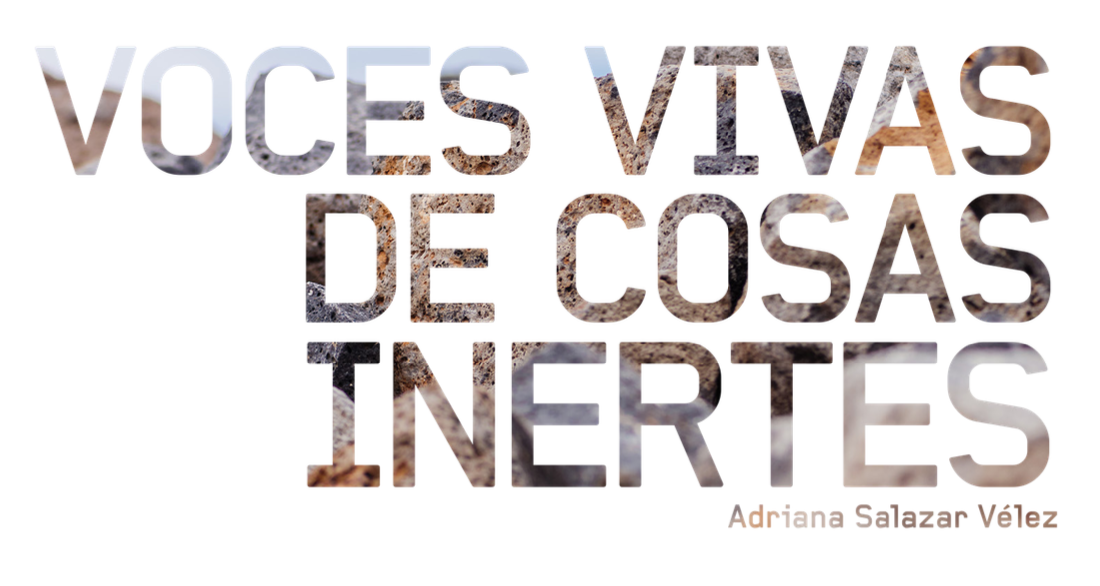
Published 2022-12-15
Keywords
- living voices,
- object oriented ontology,
- living,
- inert,
- materiality
How to Cite
Copyright (c) 2022 Adriana Salazar

This work is licensed under a Creative Commons Attribution-NonCommercial 4.0 International License.
Abstract
The writing formats that emerge in academic contexts, such as the one that brings us together here, are commonly assumed to be boxes in which only a certain type of thought can fit: hollow objects, shells that encapsulate other lifeless things. These publications, in general, are based on editorial conventions that are always identical, allowing the insertion of their products -that is how the practices they contain are usually called- in a single container, so that they can be measured by the same standards, regardless of their diverse origins and multiple fields of enunciation. In this issue of post(s) we have considered the need to destabilize this dead structure, to animate it in order to open up a genuine space for the living. We have wondered about the status of things, living and dead alike, and about the way in which names determine them. We have allowed ourselves to imagine other possible worlds where everything that exists has its own anima, and where that anima is recognized.
Downloads
References
- Gutiérrez, David. (2022). “Secuaces, agarres y acontecimientos-lago”. En Adriana Salazar (coord.), Conjuros de agua. Ciudad de México: Pitzilein Books.
- Haraway, Donna. (1988). “Situated Knowledges: The Science Question in Feminism and the Privilege of Partial Perspective”. Feminist Studies 14 (3, Autumn): 575-599.
- Puig de la Bellacasa, Maria. (2015). “Making time for soil: Technoscientific futurity and the pace of care”. Social Studies of Science 45 (5): 691–716. https://doi.org/10.1177/0306312715599851
- Rivera Cusicanqui, Silvia. (2018). Un mundo ch’ixi es posible. Ensayos desde un presente en crisis. Buenos Aires: Tinta Limón.
- Tsing, Anna Lowenhaupt. (2015). The mushroom at the end of the world: on the possibility of life in capitalist ruins. Nueva Jersey: Princeton University Press.


